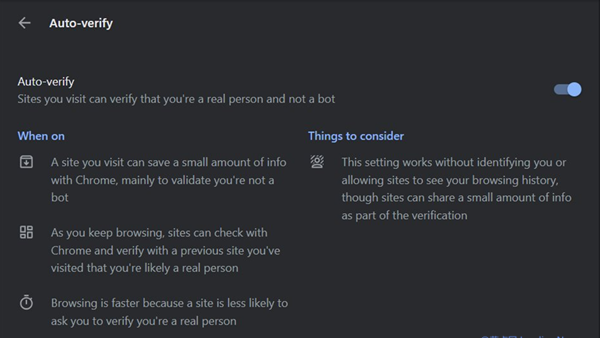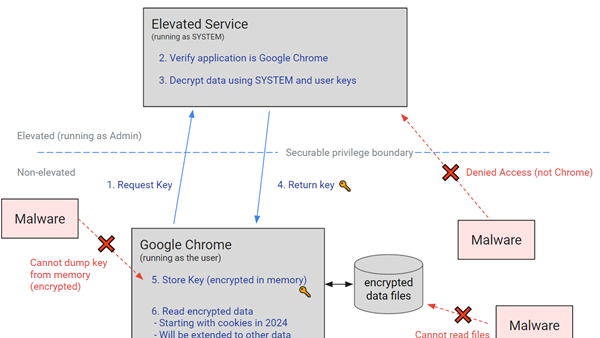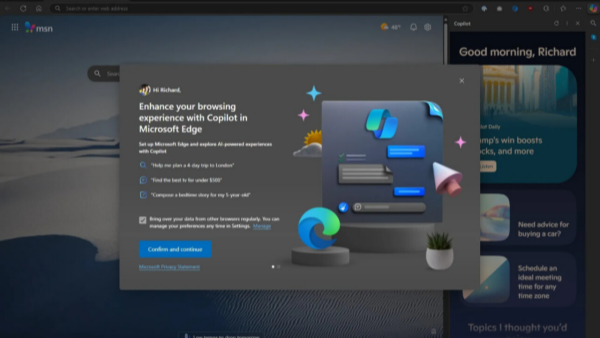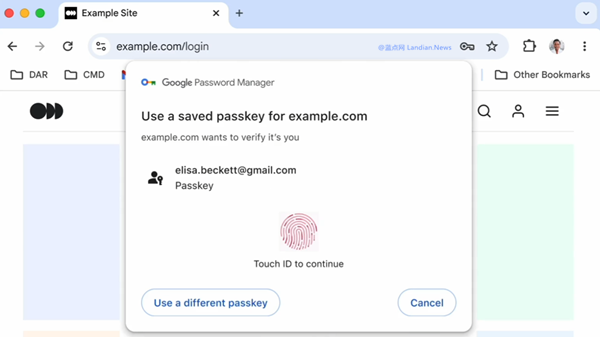Google Announces Reversal of Decision to Disable Third-Party Cookies, Drawing Strong Criticism from the Electronic Frontier Foundation
In an attempt to balance the conflict between advertising networks and privacy protection, Google announced years ago its plan to gradually phase out third-party cookies to prevent direct user tracking by ad networks. Google's proposed alternative was the Privacy Sandbox feature, which aimed to deliver ads by grouping and categorizing user interests, thereby preventing ad networks from accessing specific user information.
However, the Privacy Sandbox has been deemed a failure, as most ad networks have not adopted the technology. As a result, Google has decided to retract its decision to disable third-party cookies, instead offering users more control.
Google stated in a blog post that transitioning from third-party cookies to the Privacy Sandbox would require significant effort and impact websites, ad networks, and any company involved in online advertising. Based on this, Google decided to abandon the disabling of third-party cookies.
The alternative approach allows third-party cookies to continue being used, but users will have the final say, meaning they can disable third-party cookies on websites to avoid ad networks and other trackers.
These alternatives, however, present a complex issue. Google needs to engage in thorough discussions with regulatory bodies and the ad network industry to find a solution that satisfies both the needs of ad networks and regulatory requirements.
What about the ad networks that have spent considerable time developing systems based on the Privacy Sandbox? They've been left in the lurch by Google's decision to eventually abandon the project, rendering further development of Privacy Sandbox-based ad systems meaningless.
Strong Criticism from the Electronic Frontier Foundation:
The industry consensus has been moving towards eliminating third-party cookies, as ad networks' continuous tracking of users through cookies is detrimental to privacy protection. Both Apple's Safari and Mozilla Firefox currently block third-party cookies by default.
The Electronic Frontier Foundation (EFF) has strongly criticized Google's decision to shamelessly retain third-party cookies, calling it a significant regression. The EFF notes that Google's 80% revenue from online advertising makes it understandable why Chrome prioritizes advertiser interests over user privacy.
Recommendation for Users to Install Ad Blockers to Block Trackers:
The EFF also recommends that all users of Chromium-based browsers install the Privacy Badger browser extension, which can block third-party cookies and other online trackers.
Users can also install ad-blocking extensions like uBlock Origin to automatically block various ads and the trackers used by ad networks. Blocking these trackers prevents the continuous tracking of user privacy.
Unfortunately, Chrome's Manifest v3 extension will restrict the capabilities of ad-blocking extensions, and it's unclear whether this will significantly weaken privacy security, potentially allowing some ad trackers to slip through the cracks.













